Choosing the right hard drives for your network-attached storage (NAS) is incredibly important. Western Digital and Seagate are the two giants for storage, and both companies offer an almost identical offering specifically designed with servers in mind. This makes it easy to select the right drive(s) for your NAS. You may also want to check out our lists of the very best NAS for home and best NAS for Plex.
Best overall: Seagate IronWolf
Pros:
- Great value
- Reliable
- Up to 16TB of storage and 240MB/s speeds
Cons:
- 5,900 RPM at smaller sizes
- Up to eight bays
The Seagate IronWolf series is the company's solution for NAS setups, rivaling the Western Digital Red, but with faster speeds available. Like AgileArray, similar technology is implemented to offer enhanced performance and reliability over desktop drives, and these units can be installed in boxes that support up to eight bays. IronWolf Pro is the next step up with slightly more expensive drives but increased supported bays, workload rates, and a limited warranty.
Most importantly, these drives can be run 24/7 without shutdown. The IronWolf family of NAS hard drives come in 1TB, 2TB, 3TB, 4TB, 6TB, 8TB, 10TB, 12TB, 14TB, and 16TB versions and with three-year warranties. Do note that only configurations of 4TB and above sport rotational vibration sensors. The 6TB and above models run at 7,200 RPM.
| Hard drive | Max bays | Speed | Workload | Warranty | Price | $ per GB |
|---|---|---|---|---|---|---|
| Seagate IronWolf 1TB | 8 | 180MB/s | 180 TB/yr | 3 years | $60 | $0.06 |
| Seagate IronWolf 2TB | 8 | 180MB/s | 180 TB/yr | 3 years | $80 | $0.04 |
| Seagate IronWolf 3TB | 8 | 180MB/s | 180 TB/yr | 3 years | $95 | $0.03 |
| Seagate IronWolf 4TB | 8 | 180MB/s | 180 TB/yr | 3 years | $90 | $0.03 |
| Seagate IronWolf 6TB | 8 | 180MB/s | 180 TB/yr | 3 years | $150 | $0.02 |
| Seagate IronWolf 8TB | 8 | 180MB/s | 180 TB/yr | 3 years | $200 | $0.03 |
| Seagate IronWolf 10TB | 8 | 180MB/s | 180 TB/yr | 3 years | $300 | $0.03 |
| Seagate IronWolf 12TB | 8 | 180MB/s | 180 TB/yr | 3 years | $349 | $0.03 |
| Seagate IronWolf 14TB | 8 | 240MB/s | 180 TB/yr | 3 years | $385 | $0.03 |
Best overall
Seagate IronWolf
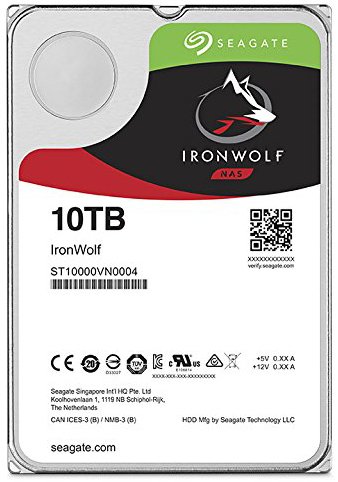
Hard drives designed for NAS
Seagate has a substantial collection of drives that are specifically designed for use inside NAS. The higher-capacity drives even have faster motors.
Runner-up: Western Digital Red Plus
Pros:
- Great value
- Reliable
- All have vibration sensors
Cons:
- Up to eight bays
- 5,400 RPM at 8TB and below
Much like Seagate, WD has been making storage solutions for PCs for many years, and it offers reliable drives for any NAS. As with the Seagate drives, I recommend at least 4TB. WD's Red Plus hard drives are manufactured for NAS use and can be deployed in systems that support up to eight bays.
Backed by three-year limited warranties and a powerful brand in the storage market, WD drives are well known to be of top quality, and they last a long time. Red isn't the fastest hard drive series on the market, but using them in a RAID formation can make up for this. This particular series of drives comes in 1TB, 2TB, 3TB, 4TB, 6TB, 8TB, 10TB, 12TB, and 14TB versions.
Each drive comes with the company's NASware 3.0 for enhanced reliability and performance. It's also worth noting that WD doesn't ship any mounting brackets or screws with these drives. What makes WD drives appealing is that every capacity option has vibration protection, but if you need faster speeds (drives that run at 7,200 RPM), you will need to fork out more for the higher capacities or Red Pro series.
| Hard drive | Max bays | Speed | Workload | Warranty | Price | $ per GB |
|---|---|---|---|---|---|---|
| Western Digital Red Plus 1TB | 8 | 150MB/s | 180 TB/yr | 3 years | $45 | $0.06 |
| Western Digital Red Plus 2TB | 8 | 175MB/s | 180 TB/yr | 3 years | $58 | $0.04 |
| Western Digital Red Plus 3TB | 8 | 175MB/s | 180 TB/yr | 3 years | $75 | $0.03 |
| Western Digital Red Plus 4TB | 8 | 175MB/s | 180 TB/yr | 3 years | $85 | $0.03 |
| Western Digital Red Plus 6TB | 8 | 175MB/s | 180 TB/yr | 3 years | $133 | $0.02 |
| Western Digital Red Plus 8TB | 8 | 210MB/s | 180 TB/yr | 3 years | $210 | $0.03 |
| Western Digital Red Plus 10TB | 8 | 215MB/s | 180 TB/yr | 3 years | $260 | $0.03 |
| Western Digital Red Plus 12TB | 8 | 196MB/s | 180 TB/yr | 3 years | $300 | $0.04 |
| Western Digital Red Plus 14TB | 8 | 210MB/s | 180 TB/yr | 3 years | $380 | $0.03 |
Runner-up
Western Digital Red Plus

Perfect hard drives for your NAS
Western Digital has been making storage solutions for PCs for many years, offering reliable but somewhat slower drives for your NAS.
Best for storage: Seagate Exos
Pros:
- Amazing workloads
- Extremely reliable
- All have vibration sensors
- High capacities
Cons:
- Can get pricey
Seagate's Exos series is the company's enterprise range of hard drives. They're designed with helium inside for enhanced performance and reliability. The improved caching is great for big data applications, including Chia farming.
The 7E2 series takes you from 1TB up to 10TB, which is where the X16 and X18 families take over. The X18 can go all the way up to 18TB, which is more than enough for most home or small NAS enclosure setups. These drives come with a workload rate of 550TB per year and have a warranty of five years.
| Hard drive | Max bays | Speed | Workload | Warranty | Price | $ per GB |
|---|---|---|---|---|---|---|
| Seagate Exos 7E2 1TB | ~ | 194MB/s | 550 TB/yr | 5 years | $94 | $0.09 |
| Seagate Exos 7E2 2TB | ~ | 194MB/s | 550 TB/yr | 5 years | $133 | $0.06 |
| Seagate Exos 7E8 4TB | ~ | 215MB/s | 550 TB/yr | 5 years | $125 | $0.03 |
| Seagate Exos 7E8 6TB | ~ | 226MB/s | 550 TB/yr | 5 years | $179 | $0.03 |
| Seagate Exos 7E8 8TB | ~ | 249MB/s | 550 TB/yr | 5 years | $220 | $0.03 |
| Seagate Exos 7E8 10TB | ~ | 249MB/s | 550 TB/yr | 5 years | $286 | $0.03 |
| Seagate Exos X16 12TB | ~ | 261MB/s | 550 TB/yr | 5 years | $295 | $0.03 |
| Seagate Exos X16 14TB | ~ | 261MB/s | 550 TB/yr | 5 years | $287 | $0.02 |
| Seagate Exos X16 16TB | ~ | 261MB/s | 550 TB/yr | 5 years | $310 | $0.03 |
| Seagate Exos X18 18TB | ~ | 270MB/s | 550 TB/yr | 5 years | $367 | $0.02 |
Best for storage
Seagate Exos (10TB)
Great for serious storage
Seagate not only has NAS drives but enterprise storage too. The Exos range is perfect for large storage volumes with high levels of activity.
Best for pros: Seagate IronWolf Pro
Pros:
- Amazing workloads
- Extremely reliable
- All have vibration sensors
- High capacities
- Up to 24 bays
Cons:
- Can get pricey
If you want the best of what Seagate has to offer in terms of NAS storage, have a look at the IronWolf Pro series. All the Pro drives spin at 7,200 RPM and can handle 250MB/s of sustained data transfer, with bursts of around 6Gb/s. There's also an extended five-year warranty and a 300TB per year workload limit. The Pro line of Seagate IronWolf drives also supports up to 24 bays.
| Hard drive | Max bays | Speed | Workload | Warranty | Price | $ per GB |
|---|---|---|---|---|---|---|
| Seagate IronWolf Pro 4TB | 24 | 214MB/s | 300 TB/yr | 5 years | $140 | $0.03 |
| Seagate IronWolf Pro 8TB | 24 | 214MB/s | 300 TB/yr | 5 years | $280 | $0.03 |
| Seagate IronWolf Pro 10TB | 24 | 214MB/s | 300 TB/yr | 5 years | $330 | $0.03 |
| Seagate IronWolf Pro 12TB | 24 | 250MB/s | 300 TB/yr | 5 years | $410 | $0.03 |
| Seagate IronWolf Pro 14TB | 24 | 250MB/s | 300 TB/yr | 5 years | $408 | $0.03 |
| Seagate IronWolf Pro 16TB | 24 | 250MB/s | 300 TB/yr | 5 years | $440 | $0.03 |
| Seagate IronWolf Pro 18TB | 24 | 260MB/s | 300 TB/yr | 5 years | $450 | $0.03 |
For NAS pros
Seagate IronWolf Pro
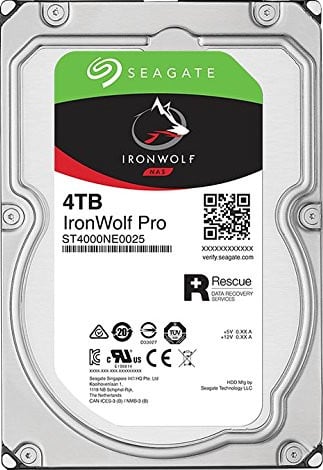
When you require a more powerful NAS
These drives are super-fast, packing in 7,200 RPM motors that can allow for up to 250MB/s of sustained data transfer, with bursts of around 6Gb/s.
Best runner-up for pros: Western Digital Red Pro
Pros:
- Amazing workloads
- Extremely reliable
- All have vibration sensors
- High capacities
- Up to 24 bays
Cons:
- Can get pricey
Western Digital's Red Pro range of drives is specifically designed for use with network storage. With support for up to a 300TB per year workload rate, these drives are reliable and capable with 7200 PRM motors. Other handy features you'd also find in Seagate's IronWolf Pro range include error recovery and anti-vibration tech.
They're backed by a five-year warranty and will be right at home inside an enclosure with up to 24 drive bays.
| Hard drive | Max bays | Speed | Workload | Warranty | Price | $ per GB |
|---|---|---|---|---|---|---|
| Western Digital Red Pro 2TB | 24 | 164MB/s | 300 TB/yr | 5 years | $85 | $0.05 |
| Western Digital Red Pro 4TB | 24 | 217MB/s | 300 TB/yr | 5 years | $120 | $0.03 |
| Western Digital Red Pro 6TB | 24 | 238MB/s | 300 TB/yr | 5 years | $212 | $0.03 |
| Western Digital Red Pro 8TB | 24 | 235MB/s | 300 TB/yr | 5 years | $270 | $0.04 |
| Western Digital Red Pro 10TB | 24 | 265MB/s | 300 TB/yr | 5 years | $300 | $0.03 |
| Western Digital Red Pro 12TB | 24 | 240MB/s | 300 TB/yr | 5 years | $398 | $0.03 |
| Western Digital Red Pro 14TB | 24 | 255MB/s | 300 TB/yr | 5 years | $423 | $0.04 |
| Western Digital Red Pro 16TB | 24 | 259MB/s | 300 TB/yr | 5 years | $470 | $0.04 |
| Western Digital Red Pro 18TB | 24 | 272MB/s | 300 TB/yr | 5 years | $530 | $0.04 |
Best runner-up for pros
Western Digital Red Pro
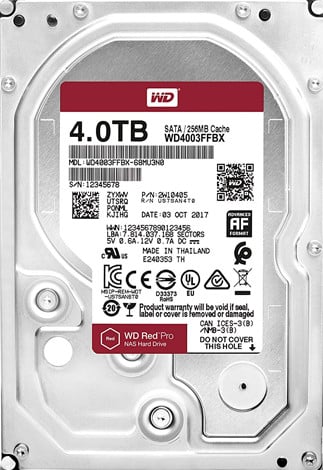
When ordinary NAS drives just won't do
Western Digital's pro series of drives are even more capable and can support up to 24 bays, come with a five-year warranty, and more advanced features.
Best NAS SSD: Synology SAT5200
Pros:
- Amazing speeds
- Extremely reliable
- Silent
- Low power draw
Cons:
- Pricey
- Restricted capacities
Need even more performance for your NAS? You'll need an SSD. It's possible to use 2.5-inch drives that can be purchased from anywhere, but if you want something truly special for your server, I'd recommend looking at the Synology SAT5200. This range of SSD storage makes use of the 6GB/s SATA interface for read and write speeds of 530MB/s and 500MB/s, respectively.
| SSD | Max bays | Speed | Workload | Warranty | Price | $ per GB |
|---|---|---|---|---|---|---|
| Synology SAT5200 480GB | ~ | 530MB/s | 1.3 DWPD | 5 years | $177 | $0.37 |
| Synology SAT5200 960GB | ~ | 530MB/s | 1.3 DWPD | 5 years | $350 | $0.18 |
| Synology SAT5200 1.9TB | ~ | 530MB/s | 1.3 DWPD | 5 years | $396 | $0.20 |
| Synology SAT5200 3.8TB | ~ | 530MB/s | 1.3 DWPD | 5 years | $649 | $0.32 |
Best NAS SSD
Synology SAT5200
Faster than hard drives
Synology has a range of SSDs available that are specifically designed for NAS use. If you require faster transfer speeds than what's offered by HDDs, you'll need an SSD like this.
Bottom line
Whether you go with Seagate, Western Digital, or another brand, it's always a good idea to pick up a hard drive designed for NAS use. All of the drives mentioned here fit that bill. While you can technically use a traditional desktop-class drive, I'd recommend against doing so. Desktop-class hard drives aren't designed to be operating continuously, and they're not backed by extended warranties, nor do they come with advanced protective features you find on NAS drives.
Seagate comes out slightly on top since Western Digital doesn't offer any 7,200 RPM drives unless you pay more for the Red Pro series. Everything else is pretty much identical between the two storage families. This extra speed found in higher capacity drives from Seagate means increased access speeds, which is essential for storing and loading files on your server — looking for hard drives to install into your NAS? Go with the Seagate IronWolf.
If you need even more performance, go with Seagate IronWolf Pro, which will provide 7,200 RPM motors that can allow for up to 250MB/s of sustained data transfer, with bursts of around 6Gb/s. Then you've got SSDs like Synology's SAT5200 range for ultimate performance. We've gone into detail on how to pick the right NAS to work with your Plex media server, and these drives will fit the bill perfectly.
Credits — The team that worked on this guide
![]()
Rich Edmonds is a staff reviewer at Windows Central, which means he tests out more software and hardware than he cares to remember. Joining Mobile Nations in 2010, you can usually find him inside a PC case tinkering around when not at a screen fighting with Grammarly to use British words. Hit him up on Twitter: @RichEdmonds.
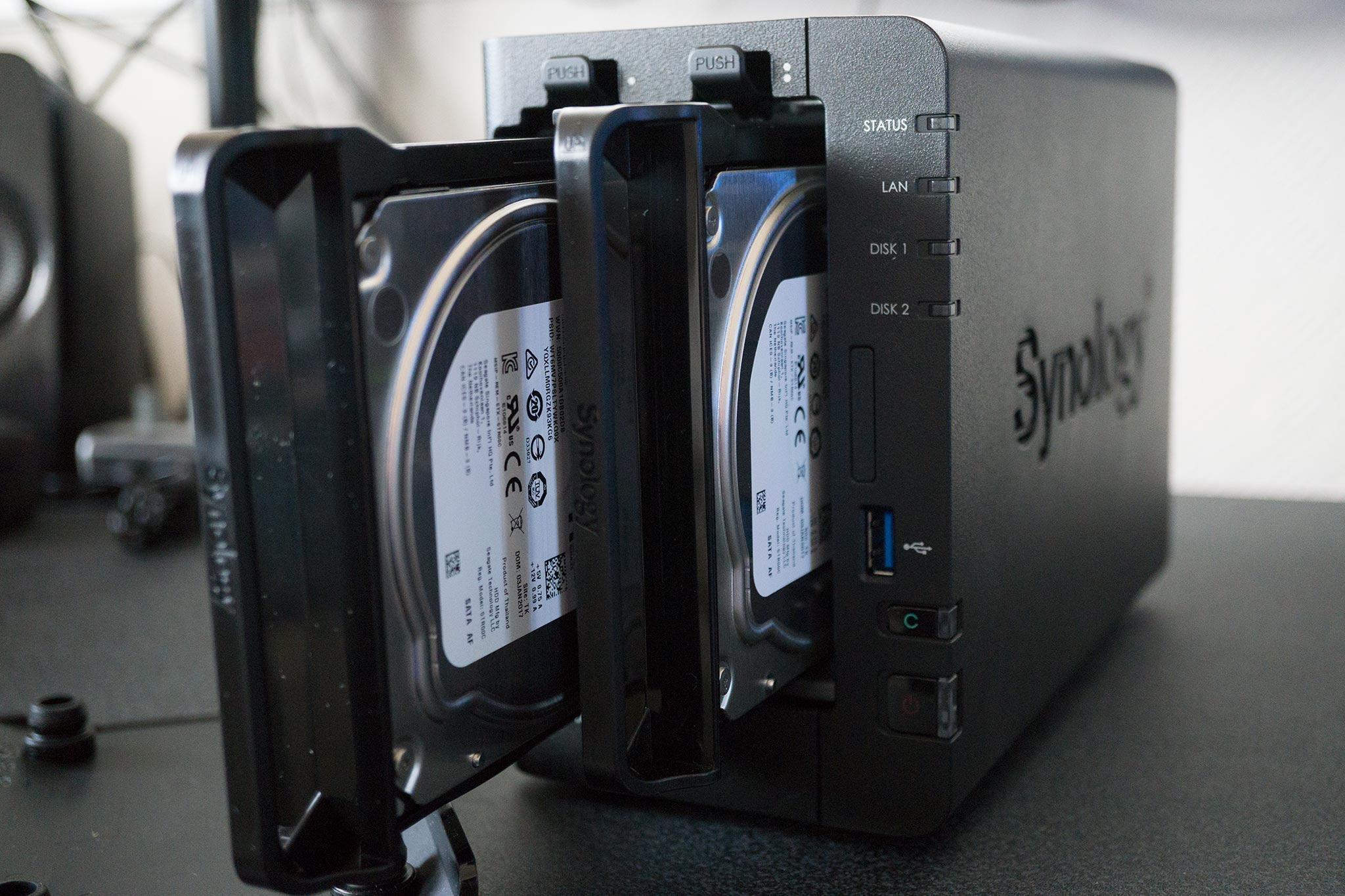
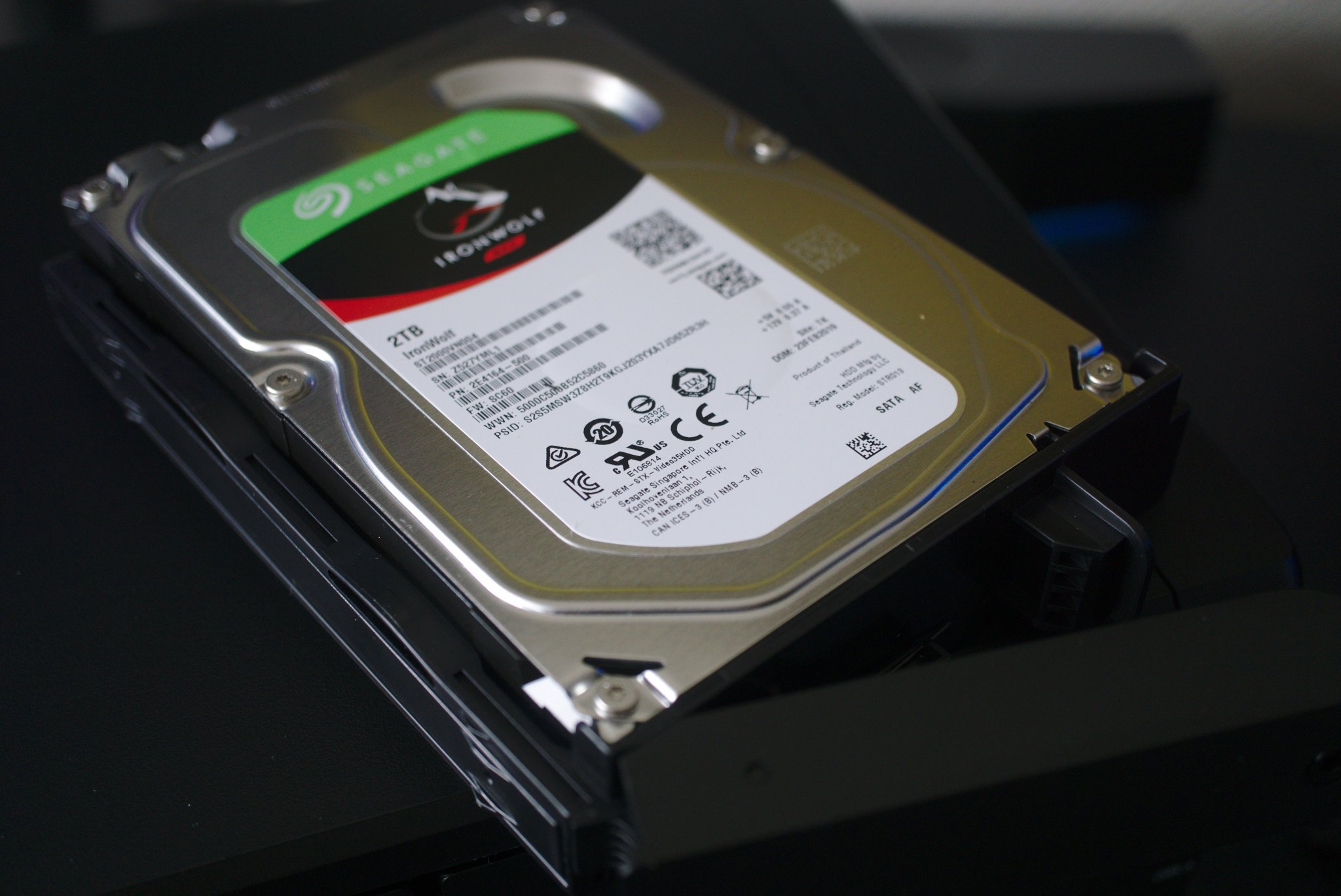

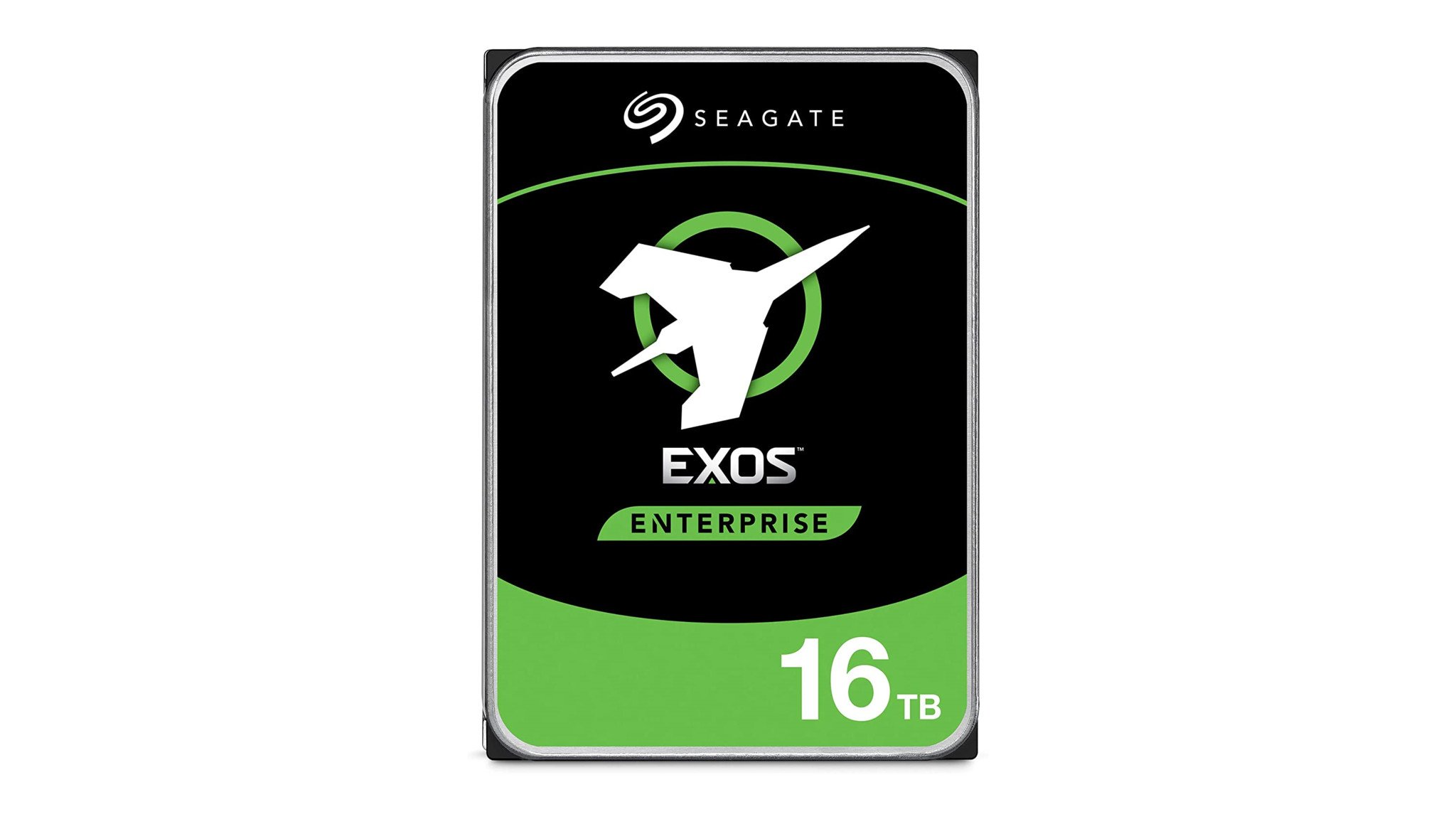
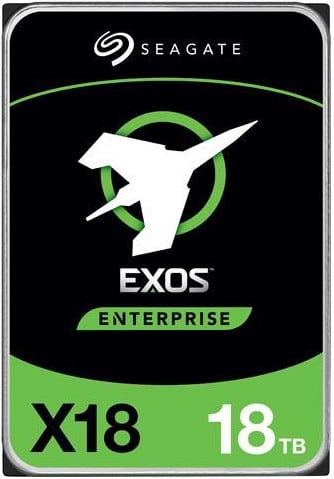
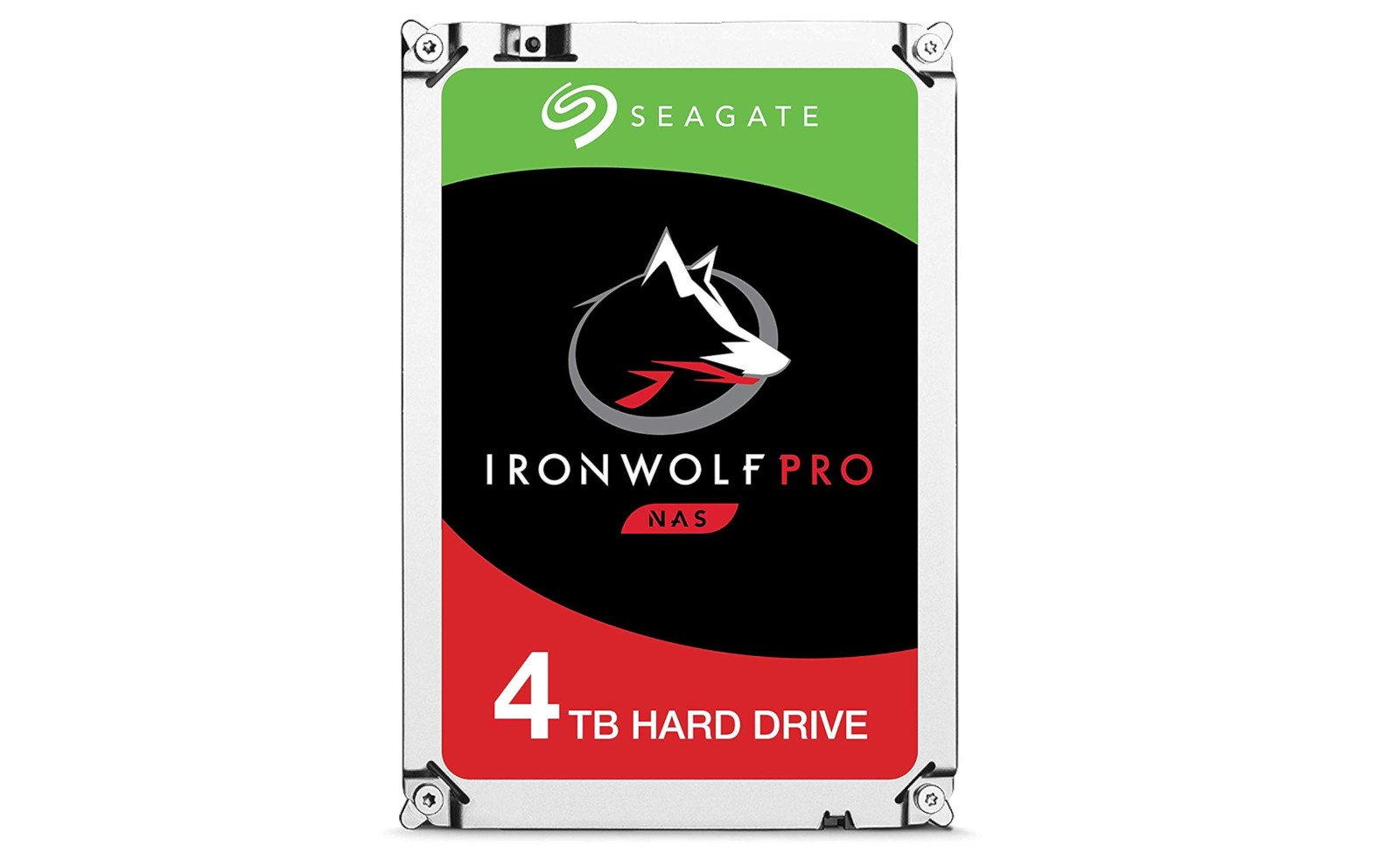
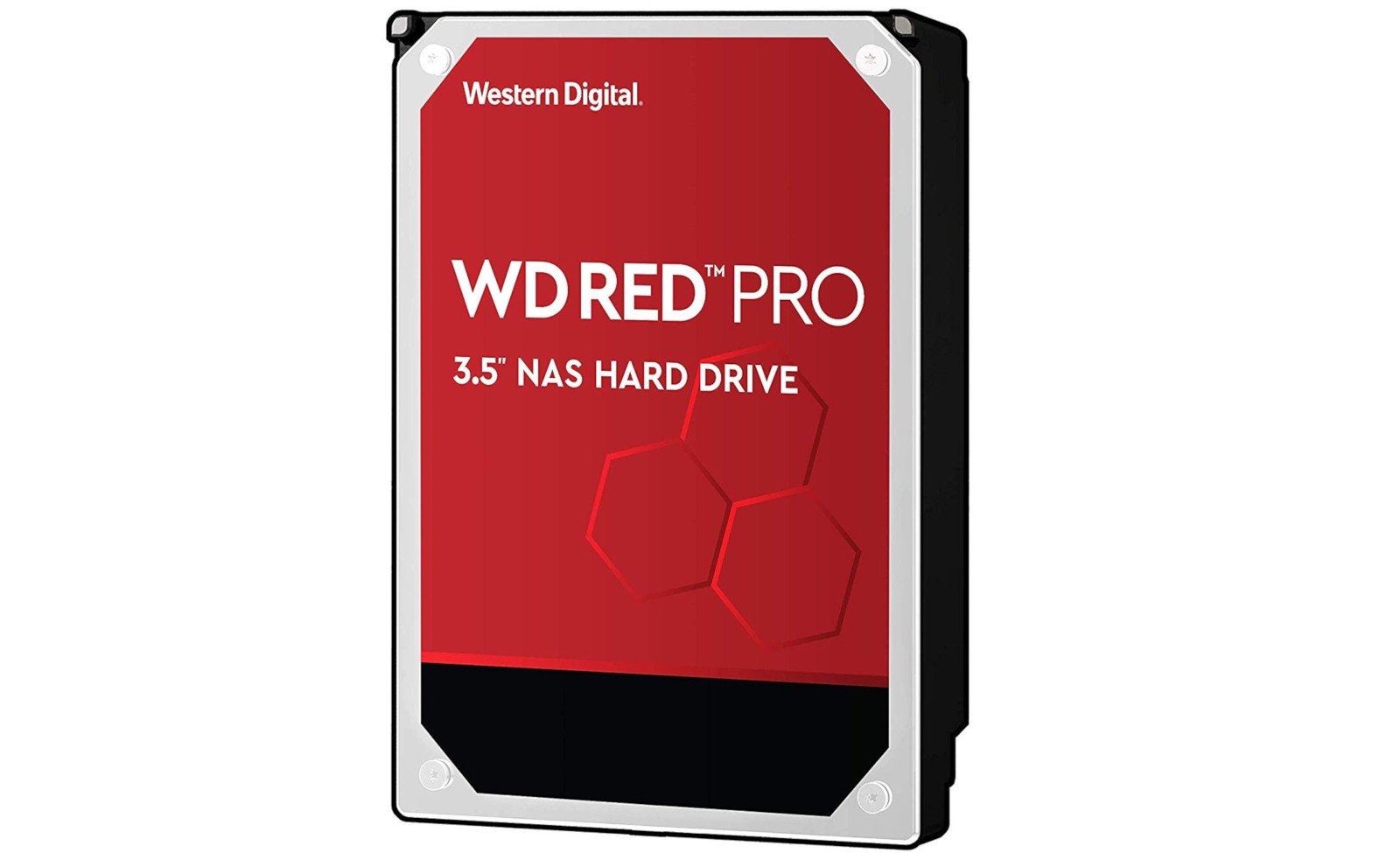
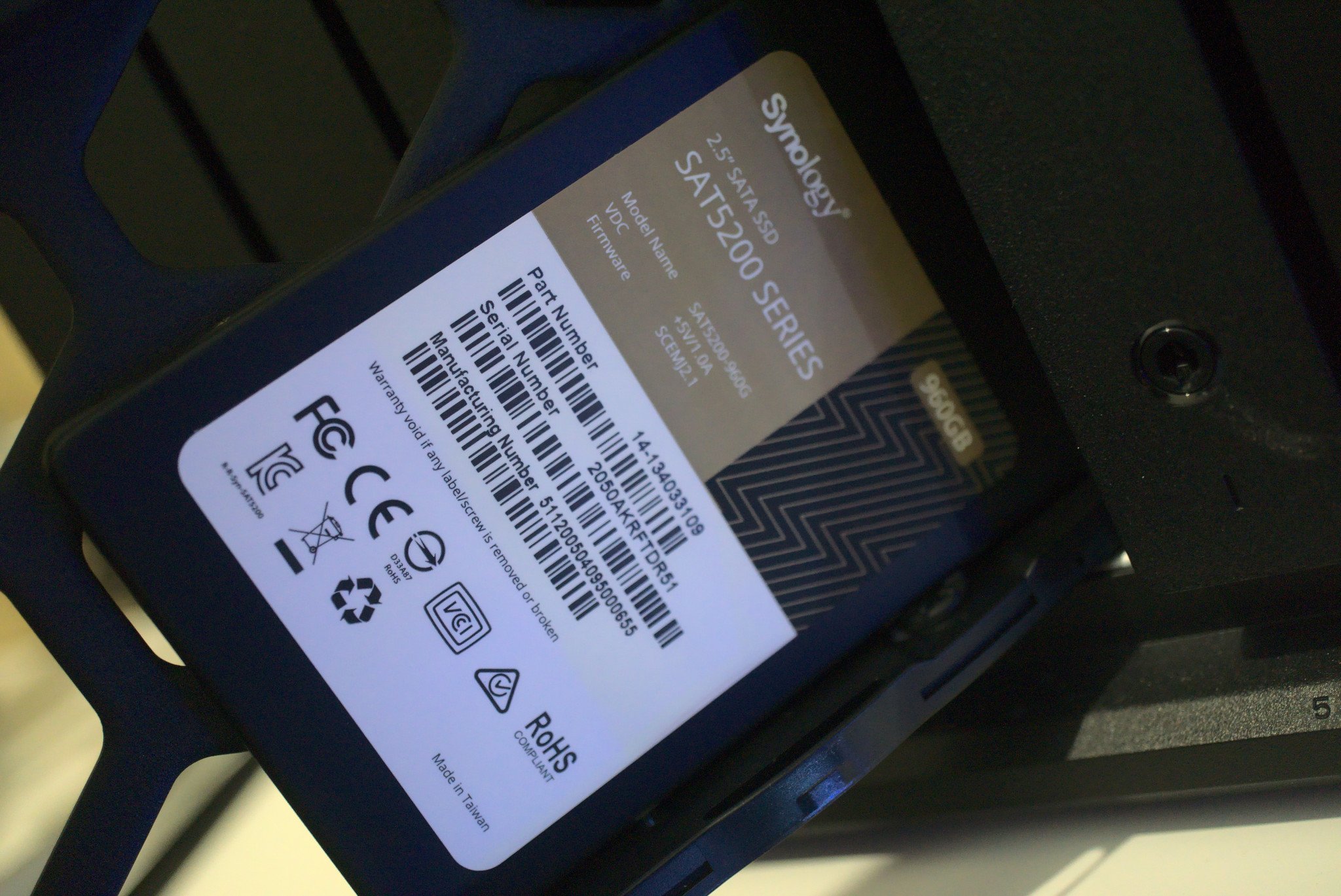
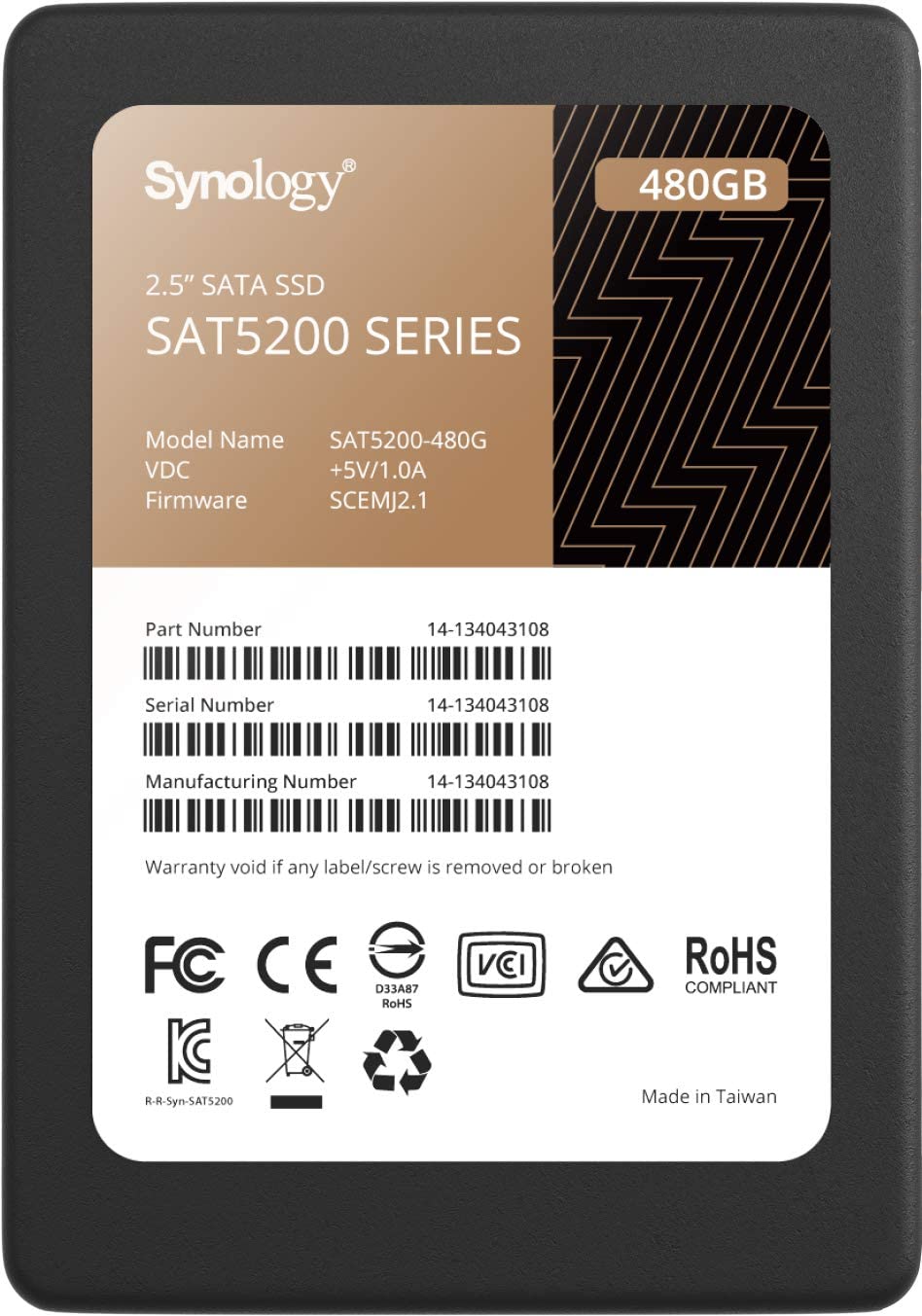
No comments: